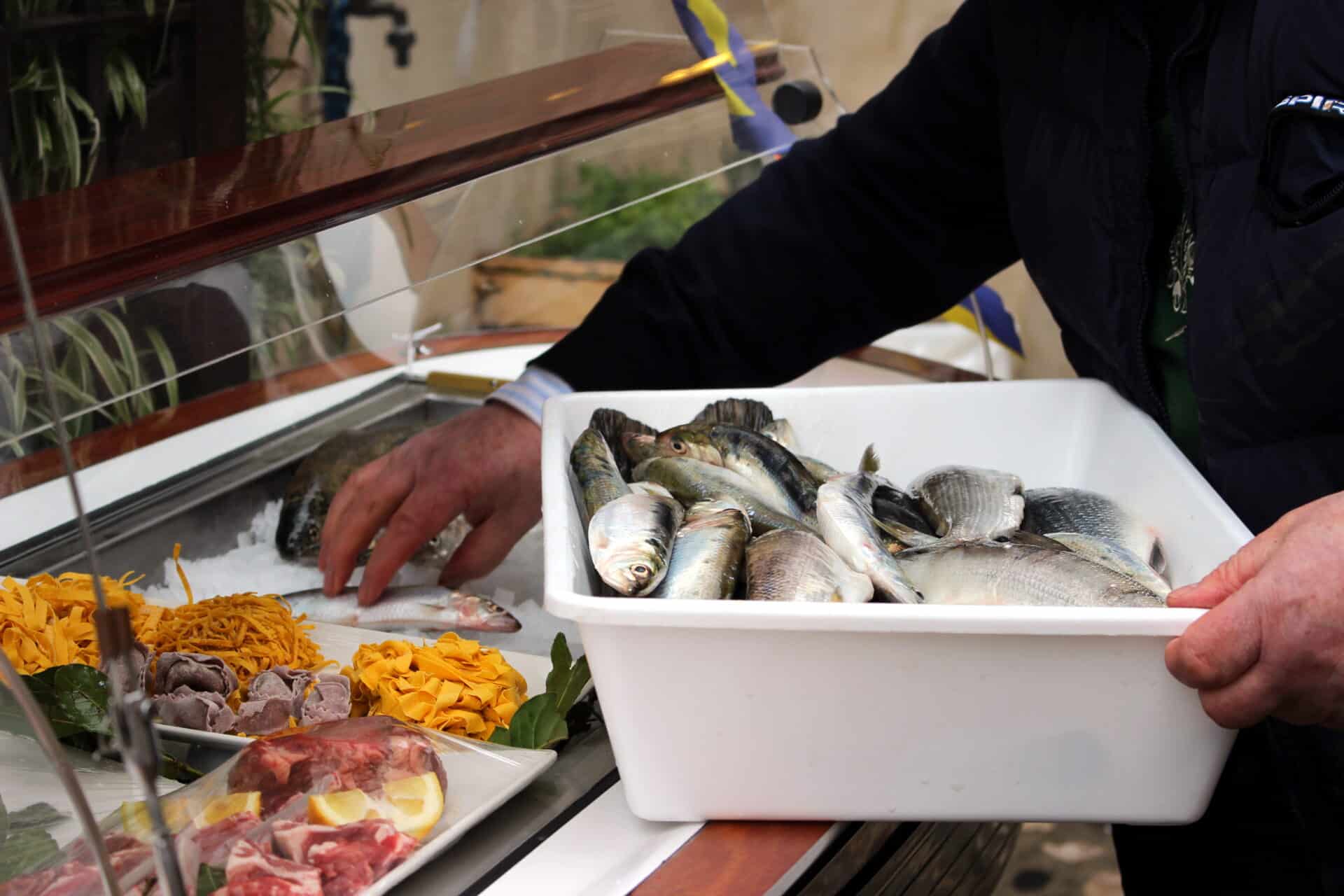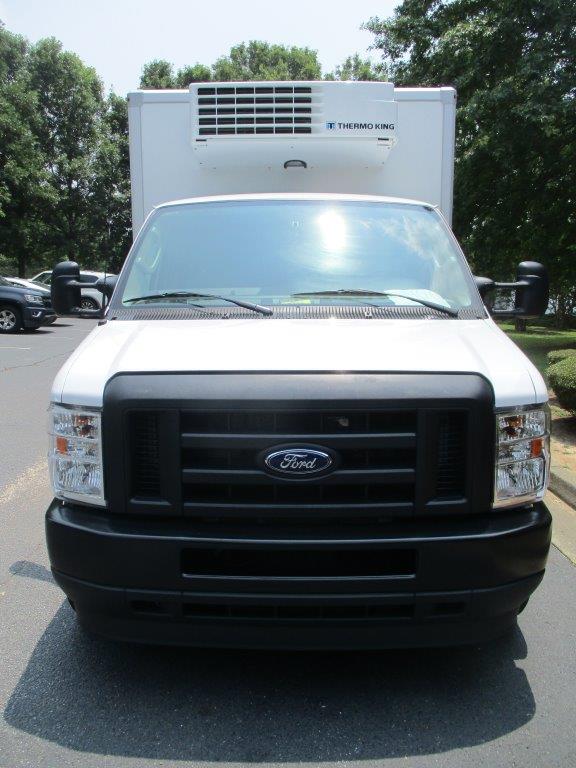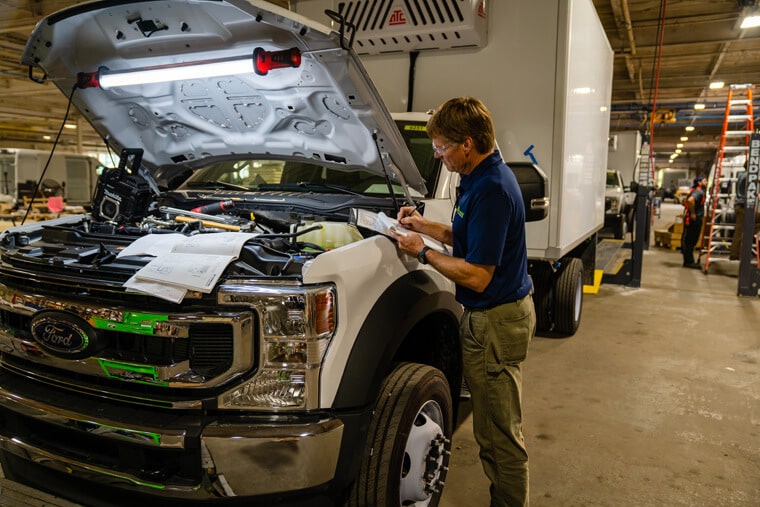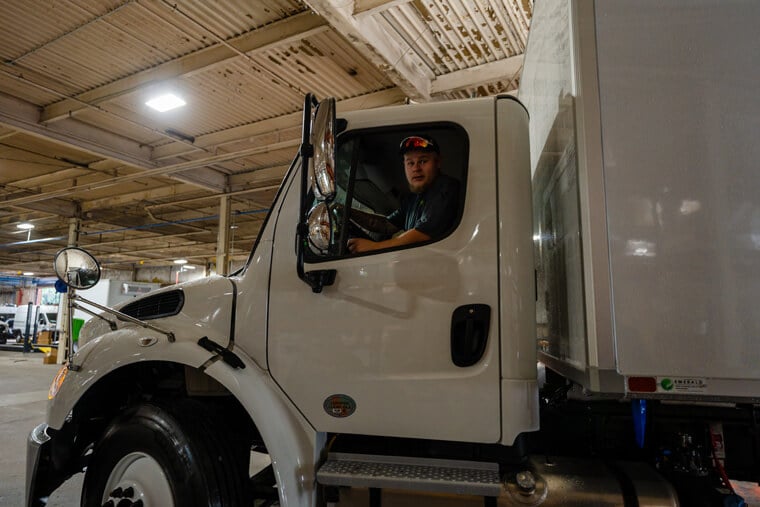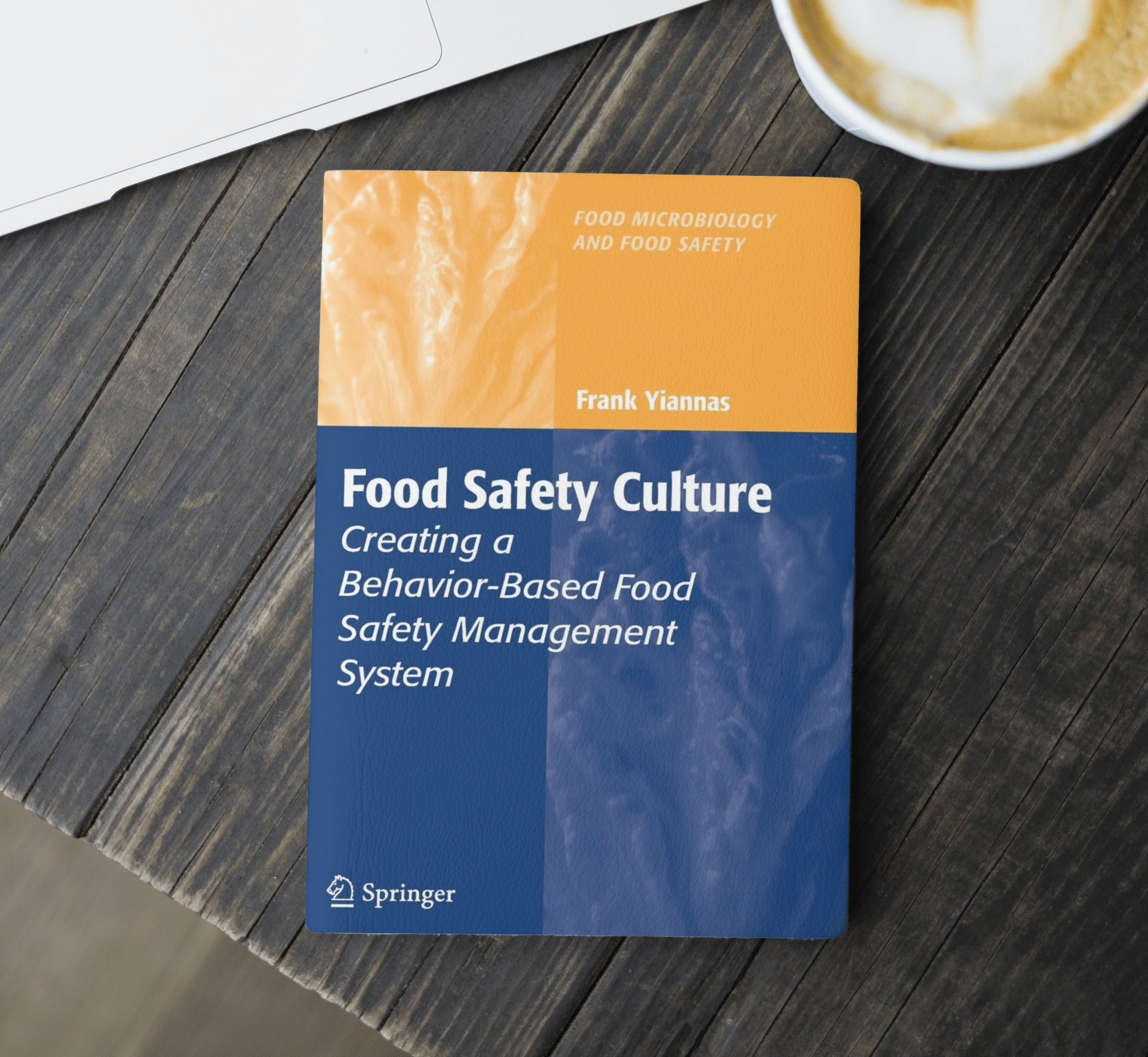
Enhancing Food Safety Culture with the Right Refrigerated Vehicles
Joe Dickman | February 1st, 2024
Food safety is a paramount concern in our modern world, affecting consumers and producers. Ensuring the safety of the food supply chain is not just a legal obligation but a moral responsibility. In this blog post, we delve into the significance of fostering a robust food safety culture and introduce a valuable resource to guide you on this critical journey. We will also explore how choosing the right refrigerated vehicles, such as a refrigerated van for sale or a refrigerated box truck, plays a crucial role in maintaining food safety throughout the supply chain.
Why Food Safety Matters
Foodborne illnesses can have devastating consequences, affecting the health and well-being of individuals and causing economic hardships for businesses. Preventing these illnesses starts with understanding the importance of a strong food safety culture.
A food safety culture goes beyond essential compliance with regulations. It’s about ingraining safe practices and behaviors at every level of the food production and distribution chain. It’s a shared commitment to delivering food free from contamination, harmful bacteria, and pathogens.
Introducing the Resource: “Food Safety Culture: A Behavior-Based Approach”
One essential resource that can help organizations enhance their food safety culture is the book “Food Safety Culture: A Behavior-Based Approach.” Written by experts in the field, this book offers valuable insights into building a strong food safety culture within your organization.
Here are some key highlights from the book:
- Behavior-Based Approach: The book takes a behavior-based approach to food safety, emphasizing the role of individual actions and attitudes in maintaining a safe food supply.
- Practical Strategies: It provides practical strategies and real-world examples to help organizations implement effective food safety programs.
- Risk Assessment: The book explores the importance of risk assessment and how it can identify and mitigate potential hazards.
- Employee Training: It underscores the significance of proper training and education for employees at all levels, from frontline workers to management.
- Continuous Improvement: The book emphasizes the importance of continuous improvement and how organizations can adapt to new challenges and emerging threats.
Choosing the Right Refrigerated Vehicles
Regarding maintaining food safety, the choice of refrigerated vehicles is paramount. Whether you need a refrigerated van for sale, a refrigerated box truck, or any other refrigerated vehicle, selecting the right one ensures that your products remain at the desired temperature throughout their journey.
A refrigerated truck for sale or a reefer van for sale equipped with advanced temperature control technology can be a game-changer in preserving the integrity of your products. These vehicles are designed to maintain consistent temperatures, which is crucial for perishable goods.
Creating a Strong Food Safety Culture
To create a robust food safety culture within your organization, consider the following steps:
- Leadership Commitment: Leadership should lead by example and firmly commit to food safety.
- Education and Training: Provide comprehensive training programs for employees to ensure they understand and follow food safety protocols.
- Clear Communication: Establish clear channels of communication to report food safety concerns and incidents promptly.
- Regular Audits and Inspections: Conduct regular audits and inspections to identify potential issues and areas for improvement.
- Continuous Learning: Stay updated on the latest developments in food safety to adapt to evolving challenges.
Fostering a strong food safety culture is an ongoing process that requires dedication and vigilance. It’s an investment in the safety of consumers and your organization’s reputation.
Food safety is not just a legal requirement; it’s a moral obligation to protect the health and well-being of consumers. By fostering a robust food safety culture within your organization and choosing the right refrigerated vehicles, such as a refrigerated Ford Transit van or a larger reefer box truck for sale, you can reduce the risk of foodborne illnesses and ensure the integrity of your products.
The book “Food Safety Culture: A Behavior-Based Approach” provides valuable guidance on this journey, offering practical insights and strategies for enhancing food safety practices. Whether you are a food producer, distributor, or anyone involved in the food supply chain, investing in food safety is an investment in the health and trust of your consumers.
Related Articles
Contact Us
Feel Free To Contact Us If You Have Any Questions
What does under DOT mean?
Questions regarding DOT requirements come up often. 10,000 lbs GVW (gross vehicle weight) and over are commercial vehicles that fall under the Department of Transportation regulatory requirements.
What is the difference between GVW and payload?
GVW or Gross Vehicle Weight is the entire weight of the vehicle including the payload. The payload weight represents the amount of cargo you are hauling.
What is a self-powered unit and a vehicle-powered unit?
A self-powered unit has its own fuel source and will run independent of the truck. This is the heaviest and most expensive option. While vehicle-powered units run off the engine via a compressor mounted on the engine. These are less expensive and lighter in weight but you must run the truck or plug the electric standby into shore power.
What does K-factor mean and why is that important?
K-factor is a term that stands for the overall insulating value of the container (truck body). Quite simply the lower the K-factor the better the truck body will be able to maintain a given temperature and require less energy to do so.
How much lighter is a Poly Van vs a US spec body?
Poly Van bodies are very light. On average we estimate we are 75-150 lbs per foot lighter than a traditional sheet and post foamed in place body. These weight savings translates to less fuel burn and less CO2 emissions, along with added payload, the most important benefit.

